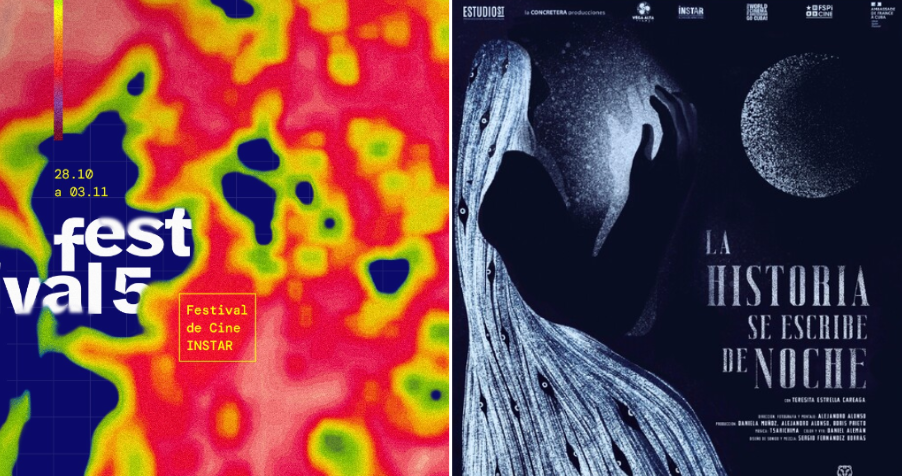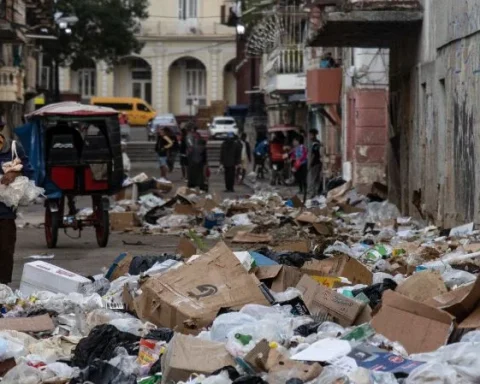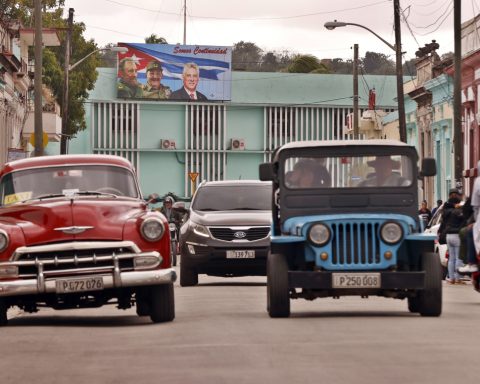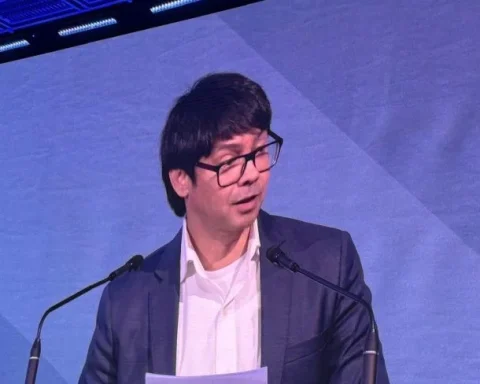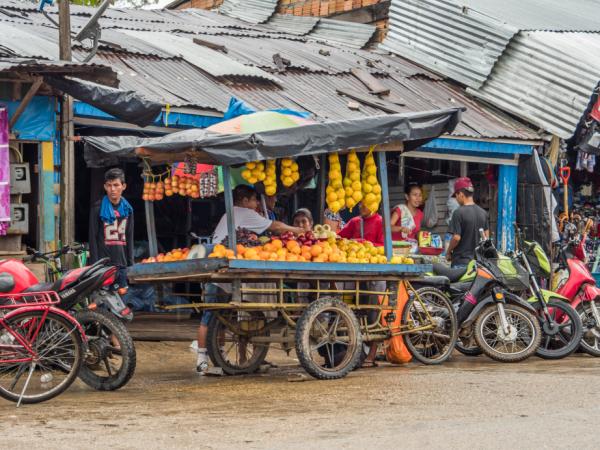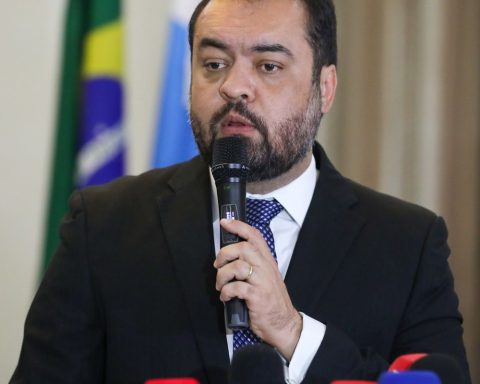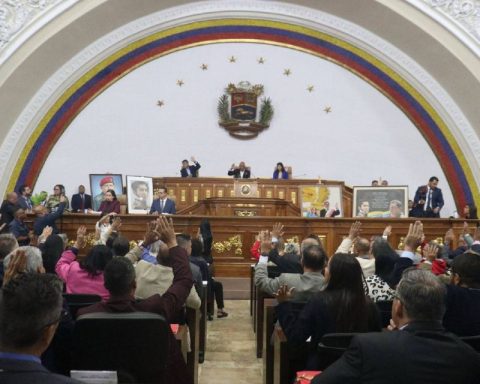MADRID, Spain.- The INSTAR Film Festival, a film event of growing international relevance, presented This Tuesday, the official selection of films that will compete in its fifth edition, scheduled to take place between October 28 and November 3, 2024, was announced.
This year, 15 films are in the “In Competition” program, with works from a diverse range of countries including Cuba, Hong Kong, Haiti, the Dominican Republic, Palestine, China, Ukraine, Guinea-Bissau, Russia, Croatia and Costa Rica. The geographical breadth of the participants underlines the transnational character of the festival, which will have venues in cities such as Paris, Munich, Barcelona and Berkeley, California. In Cuba, viewers will be able to access the screenings through the Festhome online platform.
The INSTAR Film Festival, organized by the Hannah Arendt Institute of Artivism (INSTAR), led by the Cuban artist Tania Bruguera, aims to explore and question the problems of the global south through cinema.
José Luis Aparicio, artistic director and programmer of the festival, explained to Cuba Diary This year’s focus is on filmmakers working at the intersection of cinema and artivism, thus maintaining the Institute’s philosophical line. “The 15 works in competition address some of the most urgent and complex themes of their respective sociopolitical contexts, from an experimental perspective with audiovisual language,” said Aparicio. She also highlighted that the festival has prioritized artists who work under dictatorial regimes, in war zones or those who have been forced to live in the diaspora.
Among the works of Cuban filmmakers that will be in competition are found Souvenirby Heidi Hassan; Words, by Lazaro J. Gonzalez; History is written at nightby Alejandro Alonso; and Petrichorby Violena Ampudia.
While from other latitudes it stands out An Asian Ghost Story (2023), an experimental documentary by Chinese artist Bo Wang. The work explores memories of the modernization of Asia in the 20th century, with a focus on the mass export of wigs during the Cold War. This film has won awards at events such as DOK Leipzig and the Jakarta Documentary and Experimental Film Festival.
Another notable film is Smoke of the Fire (2023), directed by Ukrainian filmmaker Daryna Mamaisur, who narrates from Portugal the experience of the diaspora caused by the war in Ukraine. This short has had an outstanding participation in festivals such as FIDMarseille and Visions du Réel. The film combines archival images and personal videos to portray the divided reality of those who seek refuge abroad while their homes remain under the constant danger of the Russian invasion.
In addition, Only the moon will understand (2023), by Costa Rican director Kim Torres, is another of the works in competition. This short film, set in a small Costa Rican town, has been presented at festivals such as Locarno, New York and Valdivia, and explores the notion of time and space in an isolated community.
The jury for this edition will be made up of renowned figures from the world of cinema and the arts. Joanna Montero, editor of outstanding films such as Santa and Andrew and Mafiawill be part of the panel, along with Jonathan Ali, programming director of the Third Horizon Film Festival in Miami and curatorial advisor for Criterion Channel. Italian filmmaker Francesco Montagner, recognized for his film Brotherhoodwho won the Cineasti del Presente award at the Locarno Film Festival, will also be part of the jury.
The main award of the festival is the Nicolás Guillén Landrián Prize, which will be awarded to the film that best addresses a taboo subject in its sociopolitical context from an audiovisual perspective. This prize, which includes a $3,000 award, seeks to support the development of the award-winning filmmaker’s next work.
At the last edition of the festival, the documentary Mafia (2021) by Cuban director Daniela Muñoz Barroso was recognized with this prestigious award. Likewise, a special mention was given to The zero option (2020), by Cuban filmmaker Marcel Beltrán.
The INSTAR Film Festival continues to establish itself as a fundamental space for the promotion of independent cinema and critical, providing a platform for voices that emerge from difficult contexts and that use cinematic art as a tool of resistance and denunciation.
